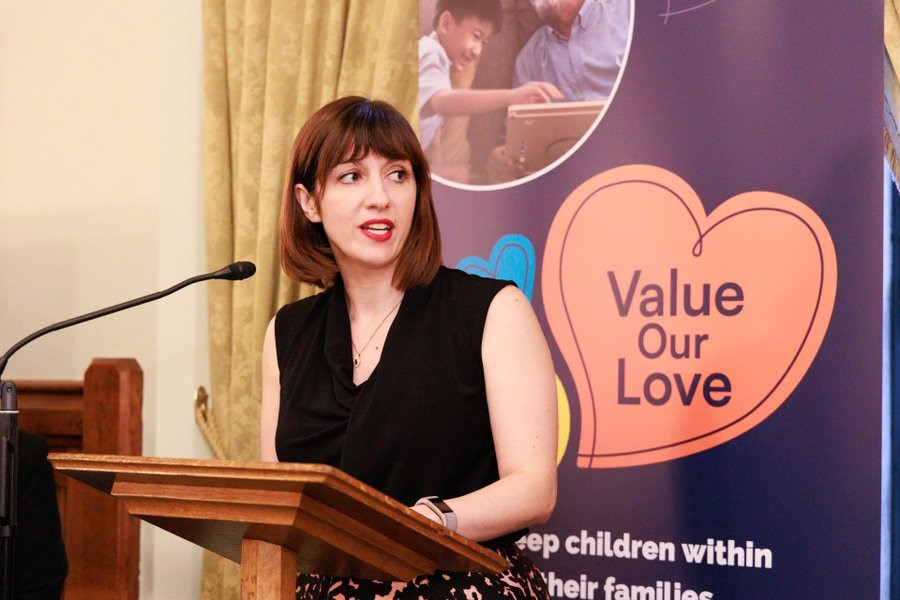
Learn how Kinship shapes policy and advocates for change. Through collaboration with families and policymakers, we work to ensure kinship carers’ voices are heard and supported across England and Wales.
We carry out research and share it with decision-makers and others to call for improvements in law, policy and professional practice. See all of our research and reports.
Policy and influencing
Click on the link below to take you to the section you'd like to read:
View our most recent research and reports.

Our new research strengthens the case for paid kinship care leave ahead of the government’s review of the parental leave system.
Find out more
This research project looks at the experiences of Black and Asian kinship carers in England. Conducted with Professor Julie Selwyn and Dr Priya Tah from The Rees Centre at Oxford University, and supported by the KPMG Foundation.
Find out more
Valuing Kinship Care in England, published jointly by Kinship and The Centre for Care, highlights how kinship carers contribute £4.3 billion to the economy by caring for children who need a safe and loving home.
Find out moreSign up for emails to keep up to date with the information that’s important to you, from support and advice for kinship carers, to our latest news, events and campaigns.